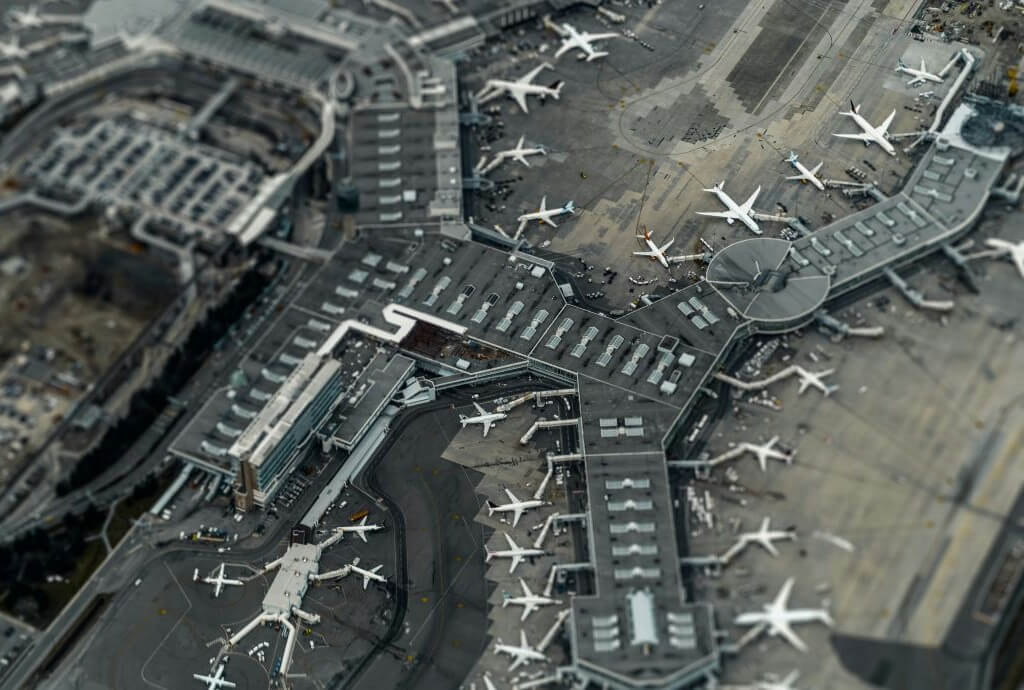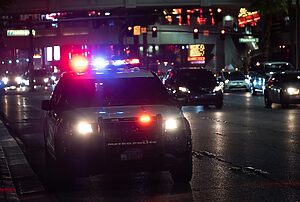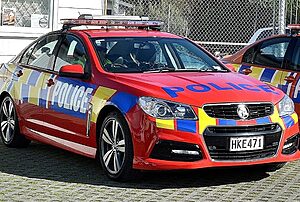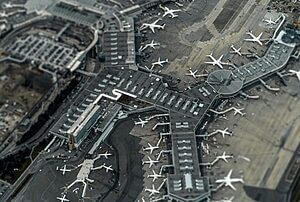Summarised by Centrist
The government is set to phase out the petrol tax by 2027 and replace it with electronic road user charges (RUCs) applied to all light vehicles, including petrol, diesel, hybrid, and electric cars.
This shift could mean every Kiwi’s driving will be tracked to calculate fees based on distance travelled and vehicle weight, raising concerns about privacy and government surveillance.
Transportation Minister Chris Bishop called it “the biggest change to how we fund our roading network in 50 years” and insisted the move “simply has to happen” due to the increasing number of fuel-efficient and electric vehicles. However, the details on costs and data collection remain uncertain.
The AA supports the principle but cautions that “we need to see the detail,” especially about who will access the collected data.
Infrastructure New Zealand’s chief executive, Nick Leggett, said user-charging is “a fair, proven way to fund infrastructure” and welcomed the plan’s integration with tolls and congestion pricing.
Glenn Barclay, chair of Tax Justice Aotearoa, warned that private management “means that the details of thousands of road users will be held and managed by private organisations with no accountability back to the public.” Similarly, Fleur Fitzsimons from the Public Service Association said this change “is a recipe for higher fees for drivers.”
Legislation to implement the new system is expected in 2026, with the government aiming for a user-friendly, app-based payment model that could function like paying a power bill.



















